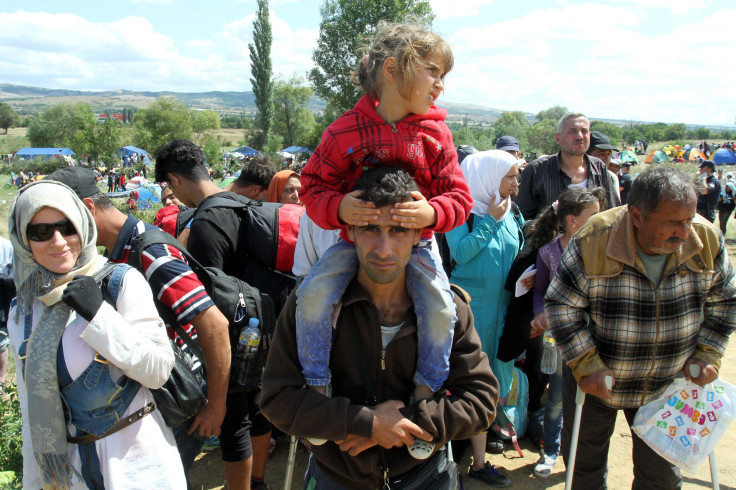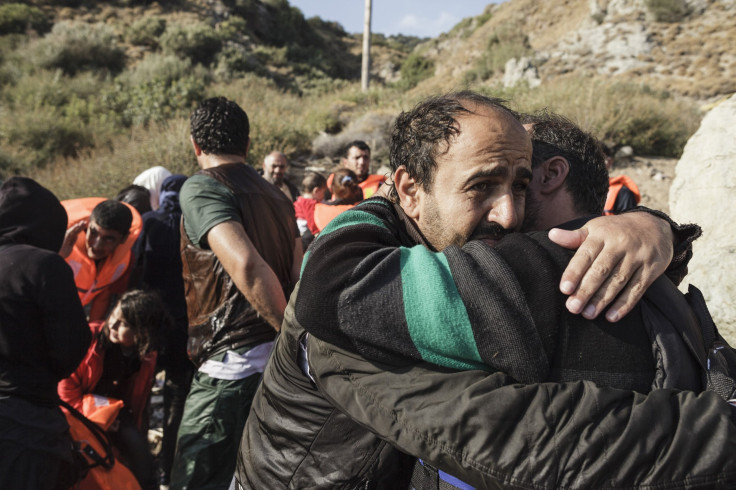Syrian Refugee Crisis: Scammers Take Advantage In Times Of Need; How To Donate Wisely

For thousands around the world, the picture of a Syrian child's lifeless body on a beach in Turkey struck a nerve, bringing into focus the refugee crisis. Several European nations announced Friday that they would allow thousands of Syrian refugees to enter their countries. But with so many people now eager to donate, numerous scams have popped up, taking advantage of people’s generosity.
While natural disasters, terrorist attacks and wars often bring out the best in people who want to help, they also serve as the perfect opportunity for scam artists to take advantage of generous spirits. Fake charities asking for donations on websites, through social media or over the phone occurred in the wake of the 9/11 terrorist attacks in 2001, the Haitian earthquake in 2010, during the recent Ebola epidemic and in the wake of the Nepal earthquake in April. More than four fake cancer charities even raised more than $187 million from donors across the country in recent years before the FTC and law enforcement agencies were able to put them out of business.
"Scammers prey on fears during the worst of circumstances,” Kristen Keckeisen, director of the AARP Fraud Watch Network, told CNBC during the Ebola epidemic.

There are currently about 12.2 million people in need of humanitarian assistance in Syria, and about 5.6 million children have been affected. Typing phrases like “how to help Syrian refugee orphans” into search engines draws a slew of responses. These websites often appear legitimate, including sections such as “Mission,” “Core Values,” “Achievements,” and “Contact Us.” They offer a variety of ways consumers can donate, whether it is through “food aid” or “sponsoring a orphan.” It can be hard to tell which websites are for legitimate charities and which ones are not.
One way for consumers to check out an organization before they write a check is through a website called Charity Navigator. The website reports how much of donated funds goes towards charitable work, and how much goes to administrative costs and salaries. Charity Navigator ranks charities based on their financials, accountability and transparency. For the Syrian crisis, Charity Navigator ranks GlobalGiving, Medical Teams International, Mercy Corps, Save the Children, ShelterBox USA and the United States Fund for UNICEF the highest, meaning most of the money donated through those organizations goes to actual charitable work.
Two other tips: Do not click on social media links from unknown senders, and make sure your computer security software is updated.
© Copyright IBTimes 2025. All rights reserved.






















